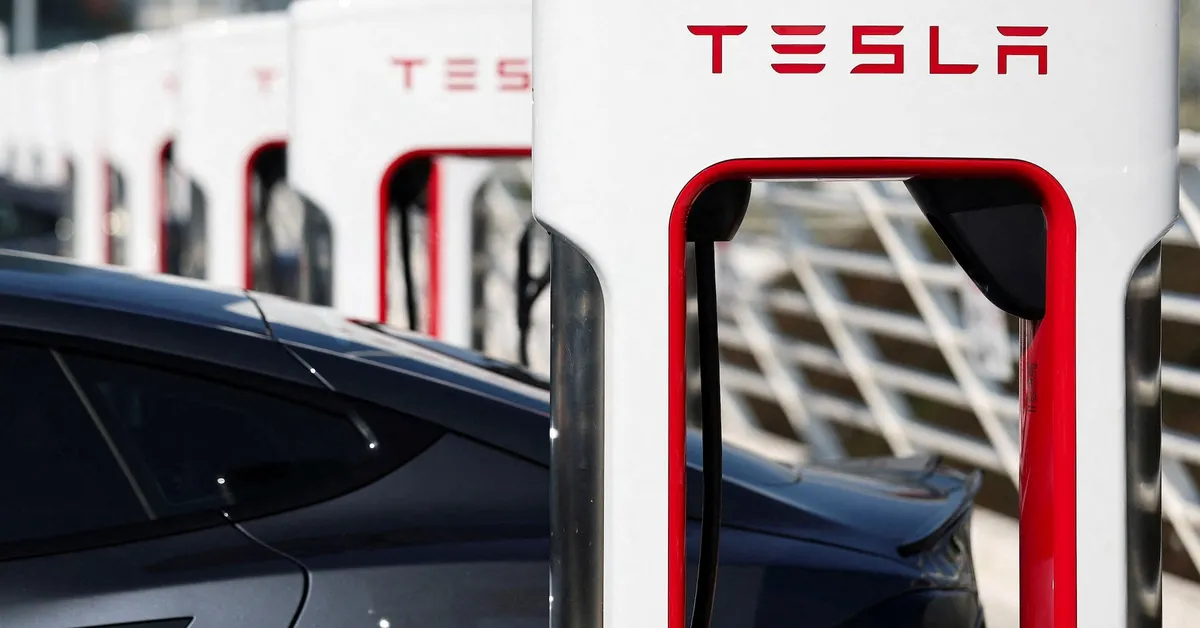
Elon Musk has boldly staked Tesla's future on the development of self-driving vehicles, marking a significant shift from the company's earlier plans to create a more affordable electric vehicle (EV) platform. This strategic pivot has significant implications for Tesla's valuation, as much of its worth now hinges on the successful commercialization of autonomous driving technology.
Despite Musk's ambitious vision, the path to commercializing autonomous vehicles has proven to be fraught with challenges. Issues such as safety concerns, stringent regulations, and escalating investment costs have raised skepticism among critics regarding Musk's plans. In response to a user's inquiry on X about the timeline for public robotaxi rides, Musk emphasized the company's commitment to safety, stating, "We are being super paranoid about safety, so the date could shift."
Starting June 28, Tesla plans to introduce a groundbreaking feature where its vehicles will be able to drive themselves directly to customers' homes from the factory line. This development is particularly crucial as Tesla faces a dip in EV sales, attributed to increasing competition and backlash against Musk's political affiliations in Europe, as well as his prior collaboration with former U.S. President Donald Trump.
Musk has announced plans for a paid robotaxi service in Austin, Texas, beginning with a fleet of 10 to 20 Model Y SUVs. These vehicles will operate in a limited area under remote human supervision, with future expansions planned for other states, including California, which has strict AV regulations. Musk humorously remarked on X, "Austin >> LA for robotaxi launch lol," referencing the competitive landscape in Southern California.
In recent updates, Musk confirmed that Tesla has been actively testing its self-driving vehicles on public streets in Austin. He even shared a video showcasing a Model Y navigating an Austin intersection without a human driver, prominently displaying the term "Robotaxi." This demonstration highlighted the capabilities of Tesla's latest version of Full Self-Driving (FSD) software, which is crucial for the future of the company's autonomous initiatives.
While excitement builds around Tesla's upcoming robotaxi service, many questions remain unanswered. Details regarding the operational areas, the extent of remote supervision, and how the public can access the service are still unclear. As Tesla continues to forge ahead with its self-driving technology, industry observers will be watching closely to see how these developments unfold.
Reporting by Abhirup Roy in San Francisco; Editing by Peter Henderson and Shri Navaratnam.